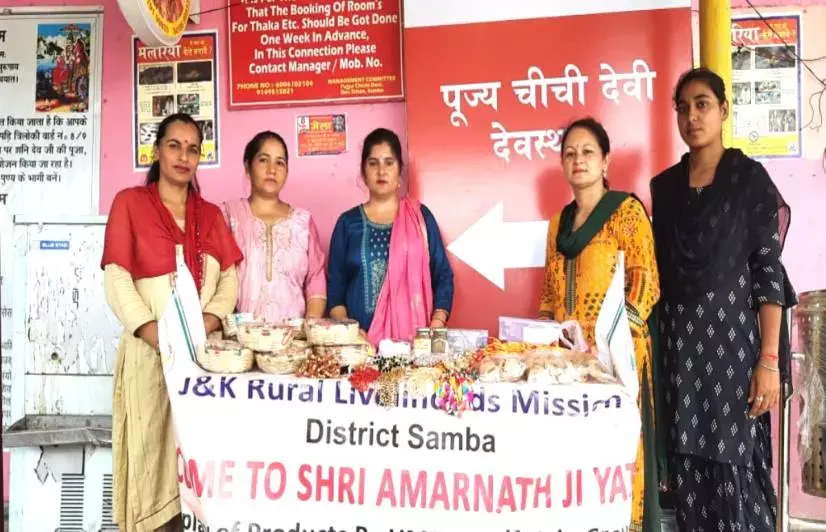Monday, 22 December 2025
In Jammu & Kashmir, Amarnath yatra comes as a blessing to impoverished women
24 Jul, 2022
|
Anantnag, Jammu and Kashmir
|
0mins read
|

In Jammu & Kashmir, Amarnath yatra comes as a blessing to impoverished women
24 Jul, 2022
|
Anantnag, Jammu and Kashmir
|
0mins read
|
...
Would you like to Support us
Read more stories under:
Development
Environment
101 Stories Around The Web
Explore All NewsAbout the Reporter
Write For 101Reporters
Would you like to Support us
Follow Us On
